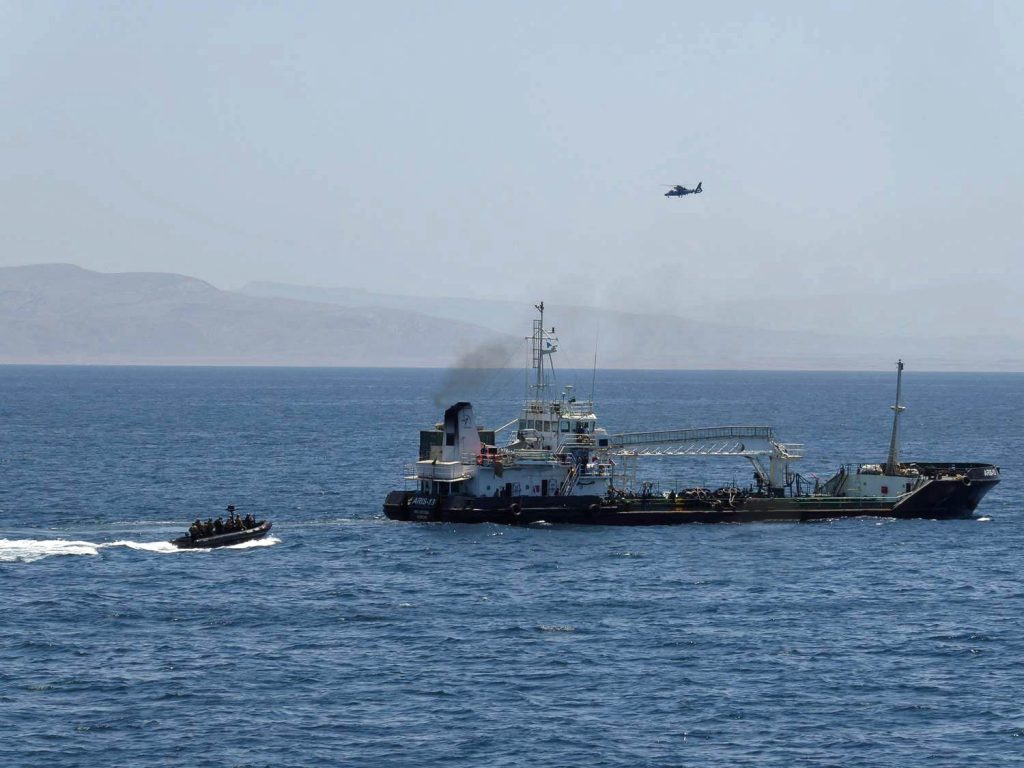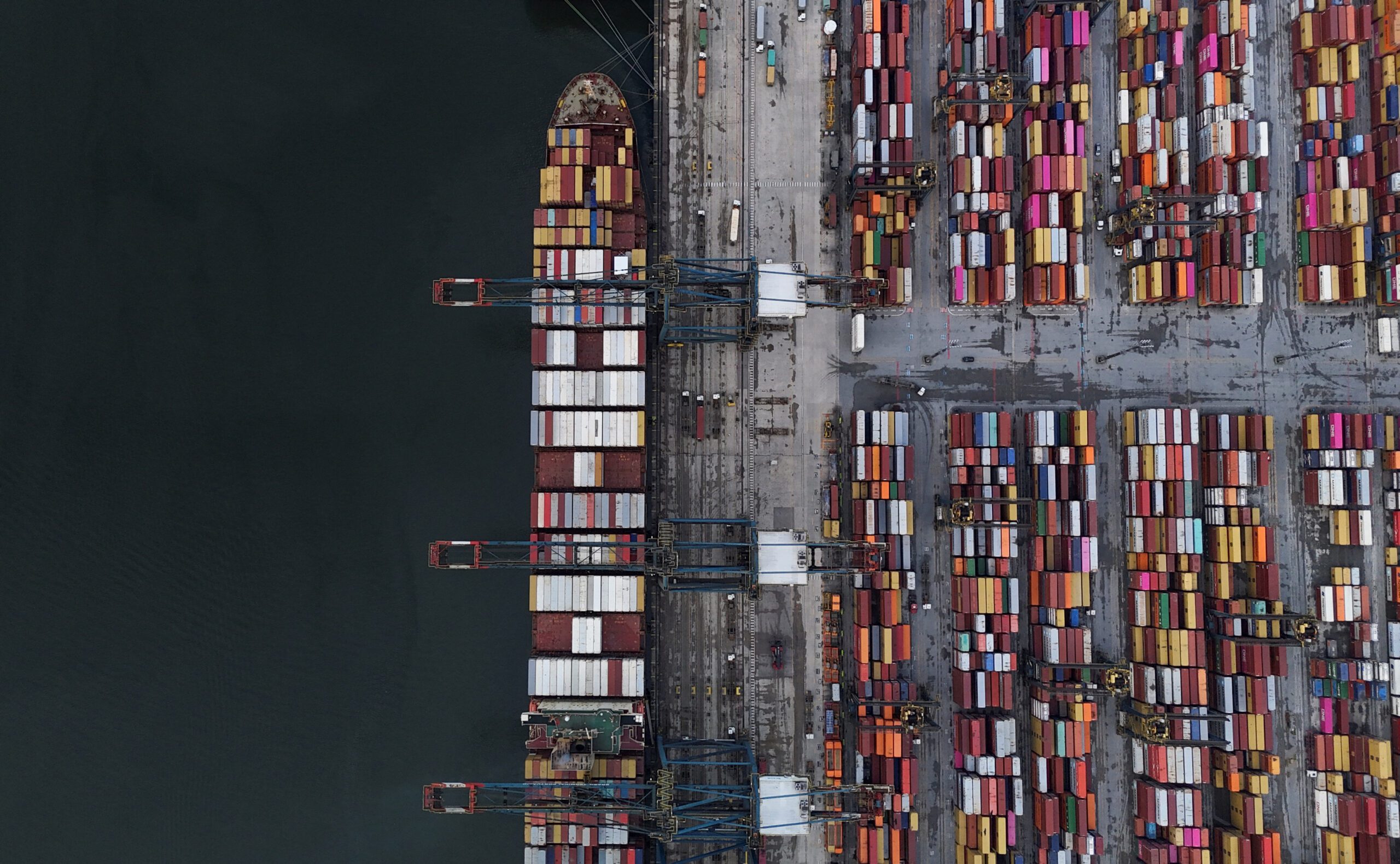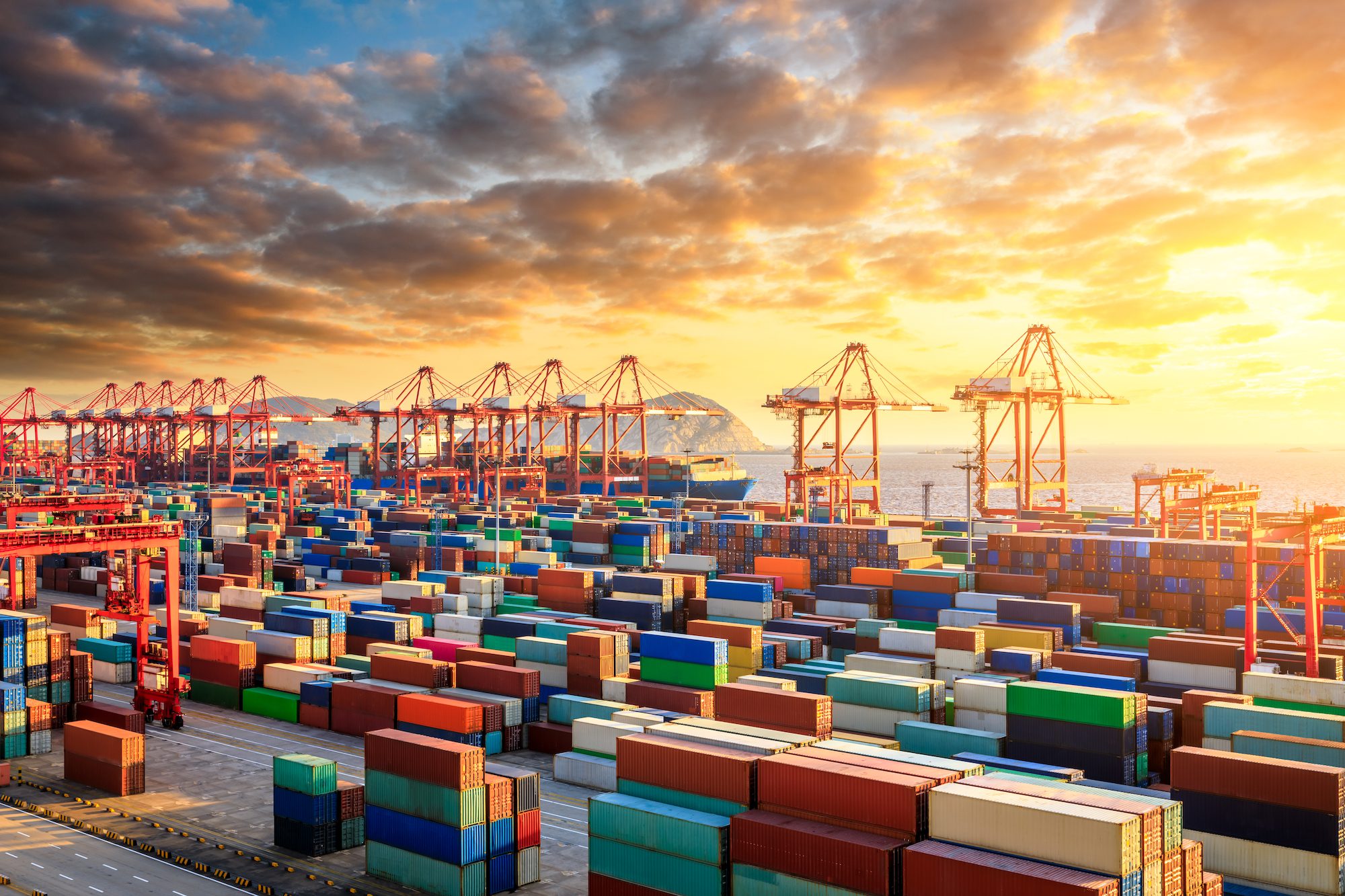A EU Naval Force bording team approaches the MT Aris 13 after it released by pirates last Thursday four days after being pirated off the coast of Somalia. Photo: EU EUNAVFOR
 By Abdiqani Hassan
By Abdiqani Hassan
BOSASSO, March 19 (Reuters) – Somali officials whose forces freed a hijacked oil tanker and its eight Sri Lankan crew said on Sunday that NATO ships must do more to prevent the illegal fishing that locals say sparked the latest attack.
Last Monday’s hijacking was the first time that Somali pirates had successfully hijacked a commercial ship since 2012. Unlike previous hijackings, the ship was freed swiftly and with no ransom paid after the Puntland Maritime Police Force intervened. The intervention reassured shipping companies concerned that resurgent pirates could once again threaten one of the world’s most important shipping lanes.
Officials from the semi-autonomous region of Puntland blamed local anger over illegal fishing by foreign vessels for the attack. They warned that more hijackings might happen unless the problem was tackled.
“We requested NATO warships to tackle the illegal fishing, but they replied it was not their mandate,” Abdihakim Abdullahi Omar, the vice president of Puntland, told reporters at Bosasso port.
“We told them that if they cannot take measures against the illegal fishing vessels who come under their cover and those who pour wastes into our waters, then their presence is a burden rather than a benefit.”
The Somali pirates often claim they attacked ships in revenge for illegal fishing by foreigners, then broadened that out to include any foreign-owned vessel.
NATO officials were not immediately available for comment. They have previously said illegal fishing along Somalia’s coast is not in their mission.
Pirate attacks peaked in 2011 but fell sharply after shipping companies upgraded security aboard vessels and regional naval forces stepped up patrols.
The emergence of the marine force in Puntland also helped, said John Steed, a former British defense attache who has worked on Somali piracy for nearly a decade.
The force of around 1,000 men is paid by the United Arab Emirates and has dual roles: fighting piracy and fighting Islamic militants.
“Our role is to capture smugglers, pirates and terrorists ,” said Abdirahman Mohamud, the head of the marine force. “When illegal fishing vessels are captured, we hand them over to the Puntland government, which fines them a high amount of money so that they do not fish illegally again.”
In 2012, the force stormed the MV Iceberg 1, freeing its crew of 23, who had been abandoned by the ship’s owner and subjected to increasingly brutal torture over nearly three years of captivity.
In 2015, the force rescued the crew of the MV Al Amal, whose 34 crew were washed ashore just south of the pirate haven of Eyl when their ship broke up on rocks, Steed said.
In December, the force helped drive militants affiliated with Islamic State from the northern port town of Qandala . (Additional reporting by Katharine Houreld,; writing by Katharine Houreld,; editing by Larry King)
(c) Copyright Thomson Reuters 2017.

 Join The Club
Join The Club











